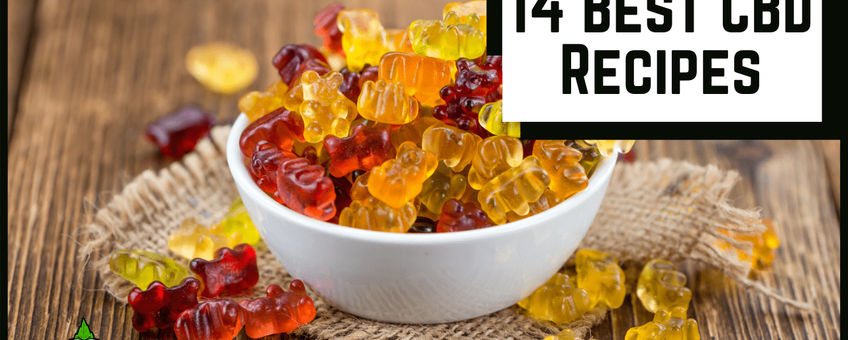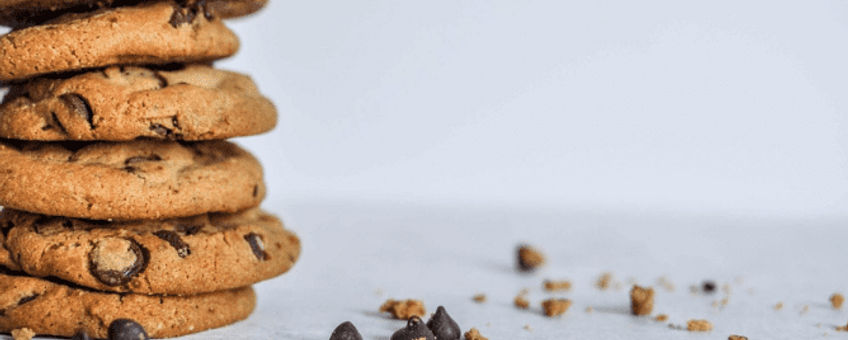
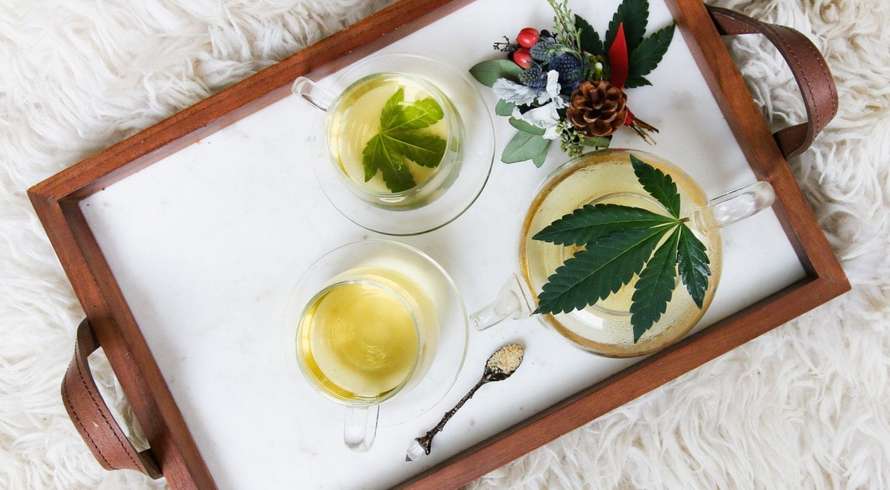
What is CBD? Is CBD oil safe?
As more and more countries are legalizing and people are starting to understand the medicinal benefits that CBD can have, there has been a major increase in demand for CBD. But, does it live up to the hype?
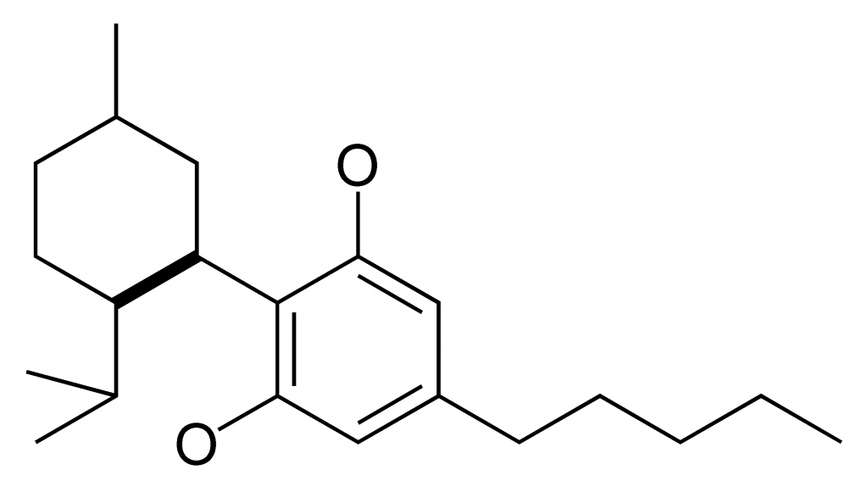
What does CBD stand for? CBD vs THC
CBD stands for cannabidiol. It is a chemical compound found in cannabis. if you are unfamiliar with cannabinoids we have an article here. CBD has gotten lots of attention as of late for one primary reason. There are no psychoactive effects. This means that people can get the medicinal effects of cannabis without feeling the high.
CBD is closely related to THC. This is the other common compound found in cannabis. THC produces psychoactive effects. If you’ve ever been into a cannabis store you will notice that many of the products have a THC percentage rating or THC milligram rating. There’s a little bit more to this but in short, the THC rating is the strength of the product. We have an article here if you want to know more about THC.
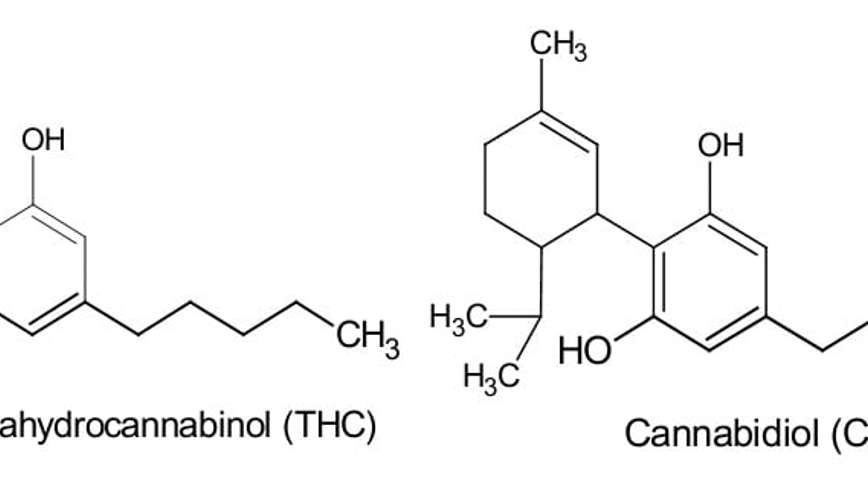
Cannabis CBD vs Hemp CBD
CBD is found in both cannabis and hemp, But what’s the difference?
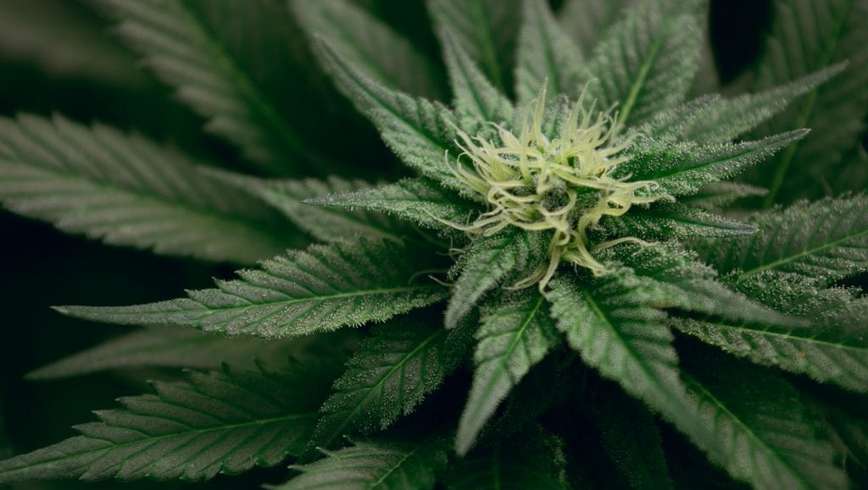
First of all, hemp is a form of cannabis. Hemp usually contains about 0.3% THC. Hemp is mainly cultivated for industrial purposes. Whereas, cannabis is cultivated for medicinal and psychoactive properties.
The CBD chemical compound is the same regardless of the source. There are two ways to make CBD. Isolation from natural sources or synthesized in a lab using chemicals. If you were to have 100 percent CBD in front of you, you would be unable to tell where it came from. Consequently, It would be indistinguishable regardless of the source.
However, hemp plants typically only contain about 3-5% CBD. Because of this, hemp requires a large amount of plant to produce a small amount of CBD oil. Because of this, there is an increased risk of contamination. Hemp is also grown mainly for industrial purposes and is a known bio-accumulator. This means it absorbs pesticides, chemicals, and substances that are in the soil at a rate faster than it loses substances by catabolism and excretion. Knowing the growing conditions of the soil, extraction method, and overall environment are a crucial part of hemp-based CBD oils.
Should I use hemp CBD
If you live somewhere like Canada, where cannabis is federally legal, producers and growers have to follow very strict guidelines. Your best bet would be to go with cannabis CBD. The only real risk of contamination with cannabis CBD is THC, and for the most part it will be accurately labeled with a percentage or milligram rating. It would be a safe bet to stay away from hemp CBD oils that contain a high percentage of THC.
What is CBD oil? Is CBD oil safe?
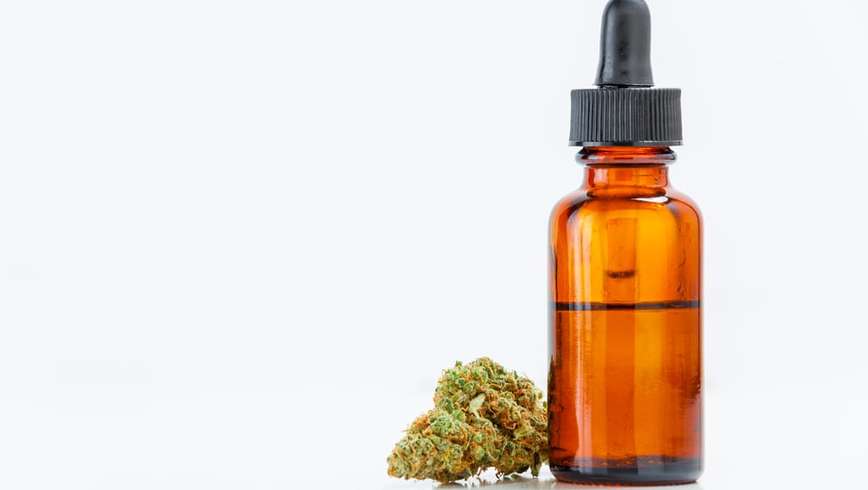
CBD oil is the most commonly used form of CBD by consumers. There is no evidence at the moment to suggest that CBD oil is dangerous. Although CBD may seem new to most people, it really isn’t. Since CBD is one of the most common compounds found in cannabis, and we know that people have been using cannabis for hundreds of years, CBD is nothing new at all.
In the United States, the only CBD product approved by the Food and Drug administration is a prescription oil called Epidiolex. Since cannabis is still federally illegal in the united states, CBD falls under that blanket.
What can CBD help with?
CBD has had some very promising results over a wide range of issues. Although some research is inconclusive, many people have seen positive results with the following issues:
Helps people with chronic pain and muscle soreness
Reduces anxiety
Has had very promising results with seizures
Helps people with sleep issues and insomnia
Has anti-inflammatory effect on the sebaceous gland which can help with acne
CBD may reduce the fear response in PTSD sufferers
And many more
We have an article here that goes very in depth with the benefits of CBD according to the most up to date research.
Negative side effects of CBD
Although it’s unclear how many of these side effects can be directly attributed to CBD. It is important to understand that some research indicates that CBD oil may trigger these side effects in a small percentage of users. Here are some of the negative side effects of CBD:
Diarrhea
Changes in appetite
Fatigue
Dizziness
Drowsiness
Dry mouth
Nausea
Vomiting
Is CBD legal in the United States?
CBD is currently legal for recreational use in California, Nevada, Oregon, Washington, Alaska, Colorado, Michigan, Vermont, Massachusetts, Maine, and D.C. If you live in one of these states and you are over the age of 21 you can use CBD.
There is a growing list of states that are legalizing cannabis medically. If you want to use CBD in one of these states, you are going to need a recommendation from a doctor. Once you have approval from a doctor, you are free to use CBD.
Some states have specific CBD laws to protect citizens who use extracts that are high in CBD and low in THC. There are other states that have no laws at all. Please see NCSL for more information. But be aware that except for an FDA-approved medication for childhood epilepsy, the Federal Drug Enforcement Administration still maintains that CBD is illegal.
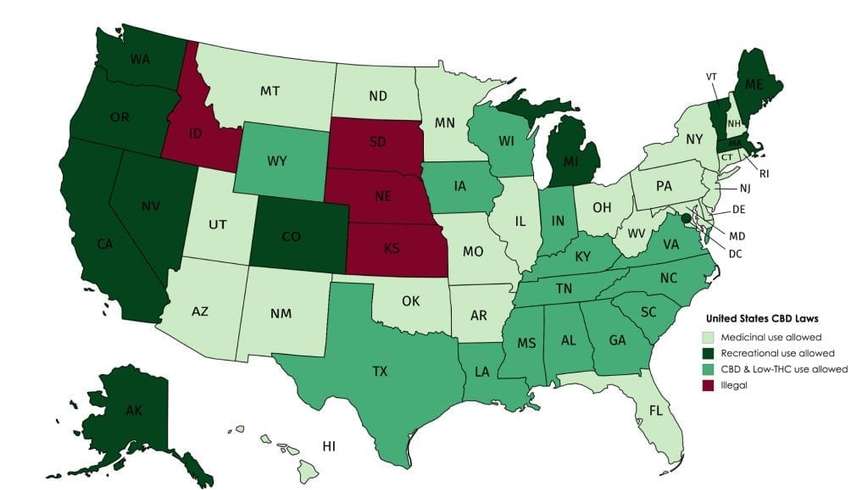
What types of different CBD products are there?
If you sat on the internet for long enough, you would probably be able to find hundreds of different CBD products. Here is a list of some of the most popular:
Oils
Pills/Capsules
Vape juice
Creams and lotions
Edibles and candy
Bath bombs
Tea’s and coffee’s
And many more…
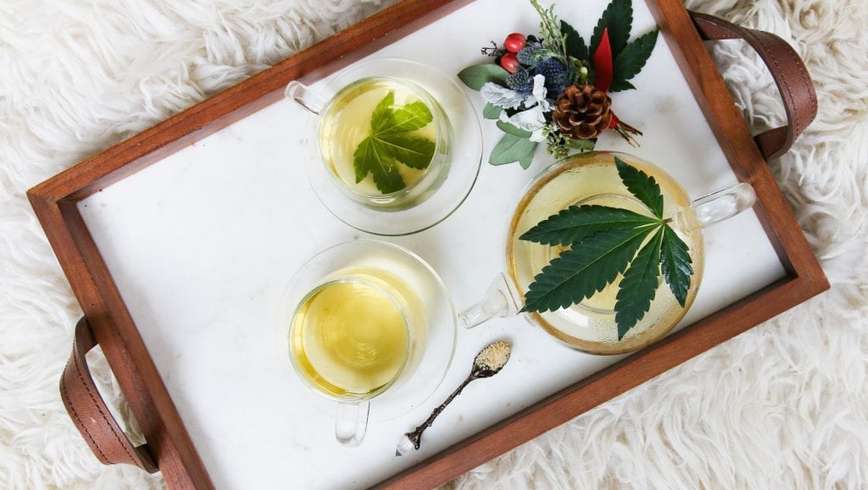
How does CBD work?
Unlike THC, CBD does not have psychoactive effects. All cannabinoids produce effects by attaching to the human bodies endocannabinoid receptors. Our bodies can produce certain cannabinoids on its own, it also has two receptors for cannabinoids, called the CB1 receptors and CB2 receptors. CB1 receptors are present throughout the body, but many are in the brain. The CB1 receptors in the brain are believed to deal with coordination and movement, pain, emotions, and memories. CB2 receptors are more common in the immune system. They affect pain and inflammation. Researchers once believed that CBD attached to these CB2 receptors, as more research is being done it now appears that CBD does not attach directly to either receptor. Instead, it seems to direct the body to produce more of its own cannabinoids.

Add a comment
This will be publicly visible.
Your email address will not be published.
Your comment will be reviewed by the admin before it is published.

